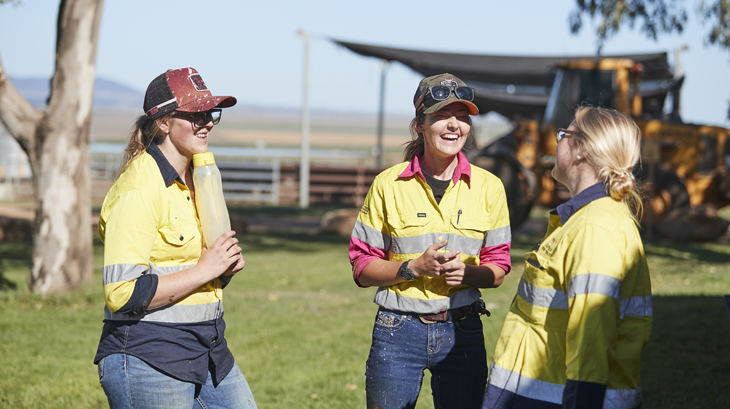Goals are industry’s chance to determine our destiny
February 06 2023

Sustainability goals are key to securing a viable future for the Australian beef industry

Sustainability goals are key to securing a viable future for the Australian beef industry